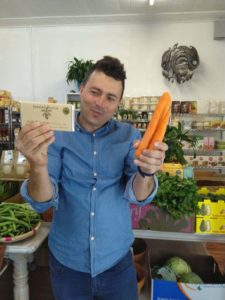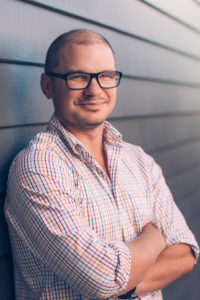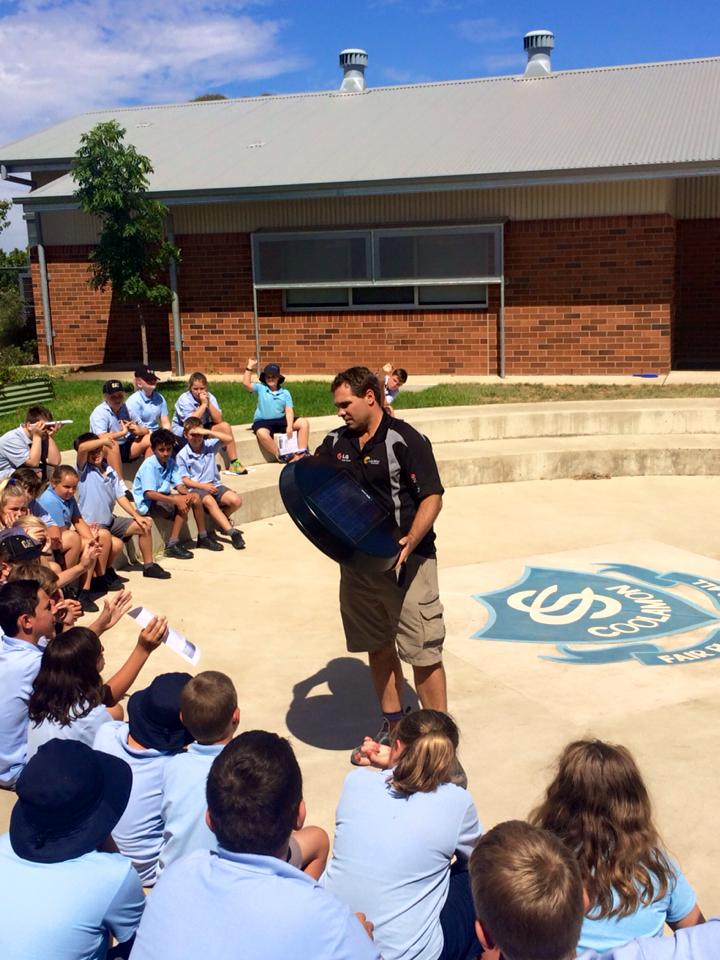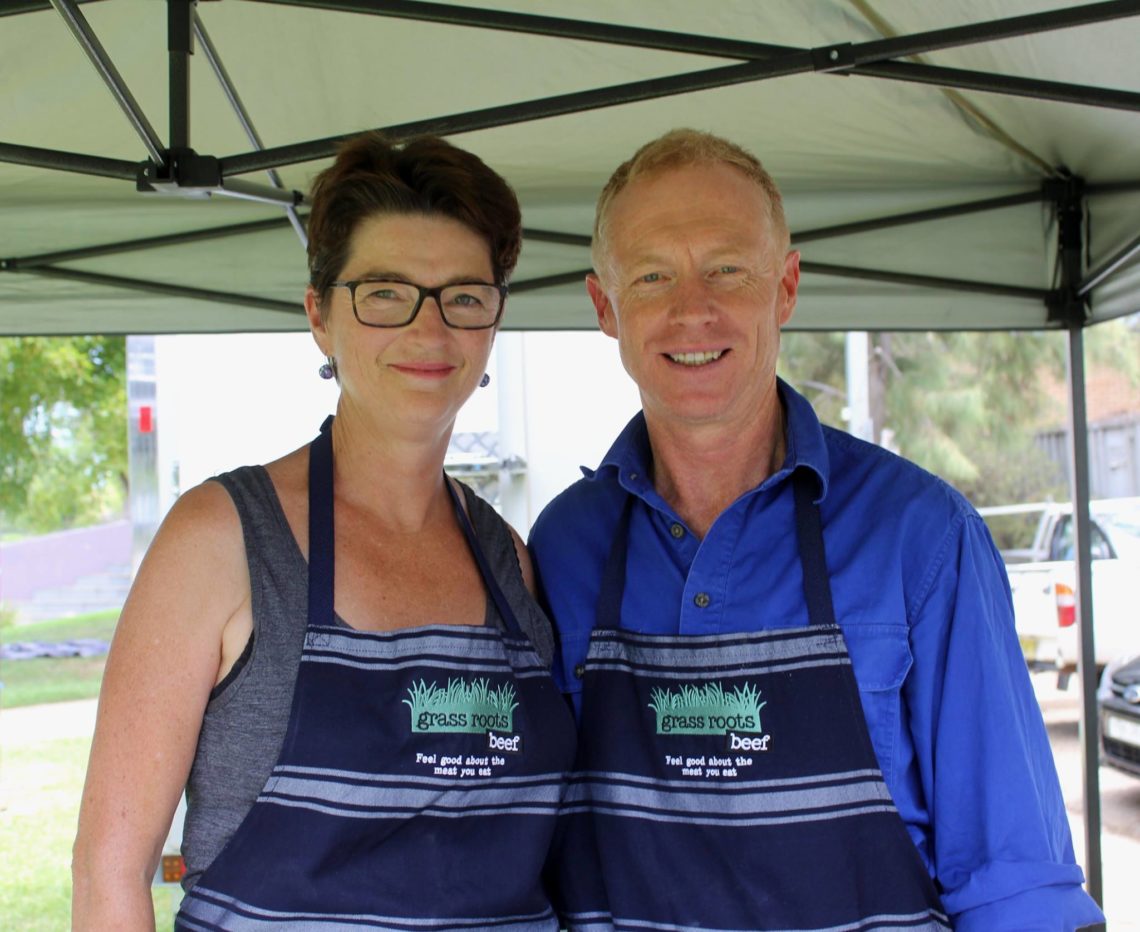If you’re dreaming of going regional, to visit or even live, the Riverina region in NSW, near the Victorian border, deserves your consideration. There’s an emerging appetite for sustainability in the community, with businesses trying hard to do their bit.
On a farm near Wagga Wagga, NSW, part of the Riverina region, former environmental campaigner Sue Salmon has been growing vegetables on her family’s farm that she’s returned to after many years in Sydney. Some of her more exotic and heritage strains are finding their way to the tables of new restaurants in town such as Meccanico and Pastorale that serve a keen and growing patronage.
Sue is keen to stress that her enterprise is “only very tiny”, boutique in the extreme, but it’s a start. It’s a contribution that helps reduce food miles and puts fresher, seasonal and often unusual produce on her neighbours’ plates. And it’s part of a growing ecosystem in the Riverina of small start up businesses, each exploring a variety of sustainable, locally based and resilient alternatives to food and other goods and services that leave industrialised mass production way behind.
And by all accounts the businesses are loving it and finding a niche. Certainly enough to keep most of them determined to stay in the game.
























